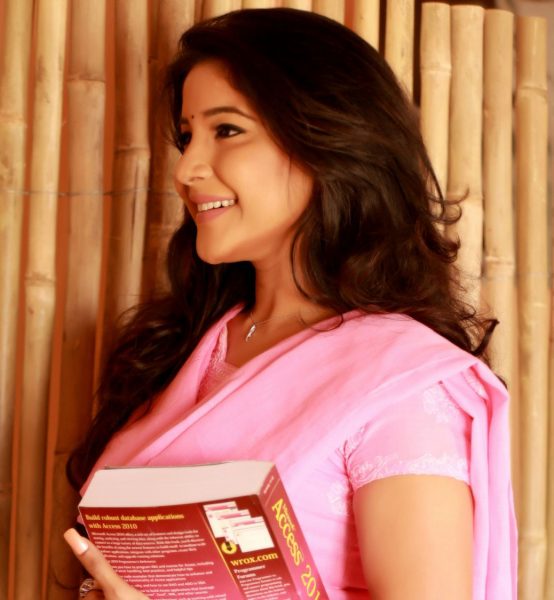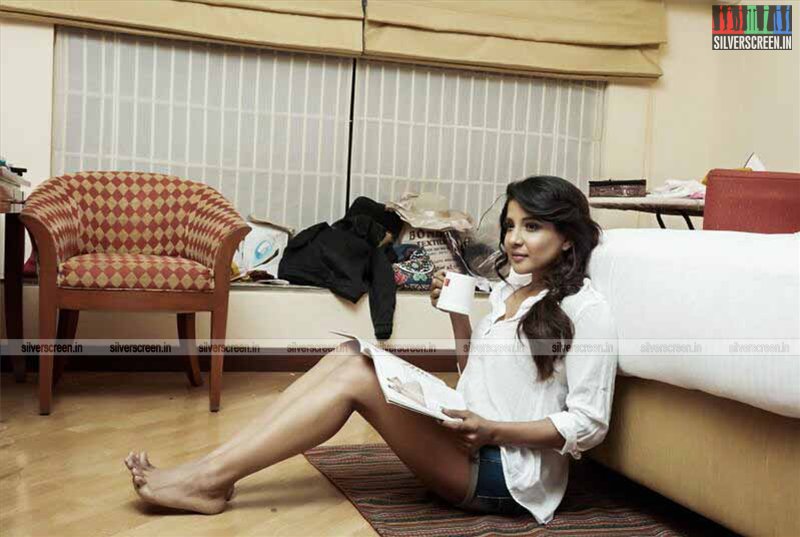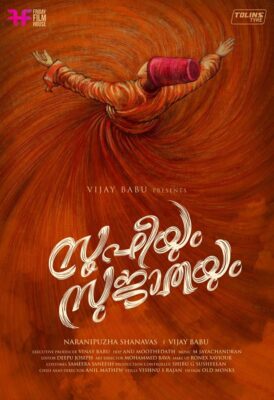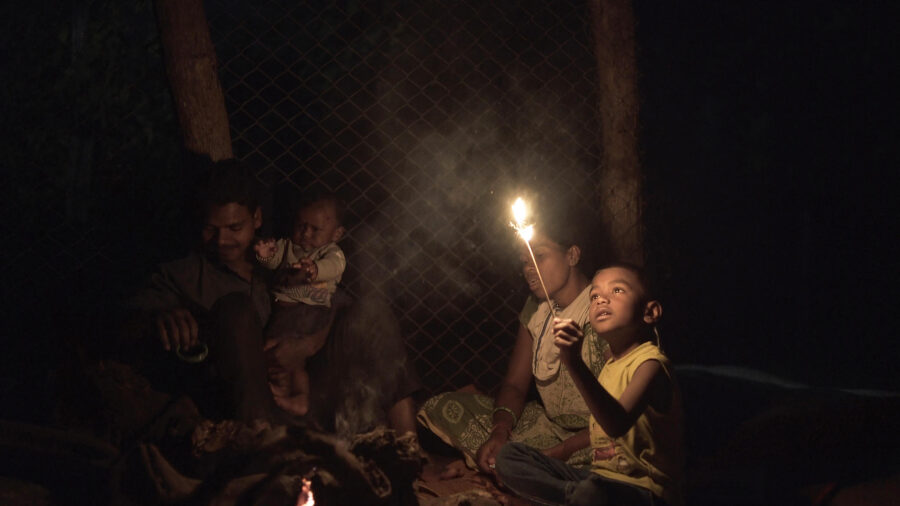Last week, Amazon Prime and other Over-The-Top (OTT) platforms announced the direct release of several films skipping the theatrical release. While Nawazuddin Siddiqui and Anurag Kashyap starrer Ghoomketu, hitting Zee5 on May 22, was the first to make it to the news, Amitabh Bachchan and Ayushmann Khurrana starrer Gulabo Sitabo hitting Amazon Prime on June 12, was the first to create a stir among the stakeholders of the Indian film industry.
Following the two films, Amazon Prime on Friday let out a list of six other films premiering on the streaming service in May, June, and July. Hindi film Shakuntala Devi starring Vidya Balan, Malayalam film Sufiyum Sujathayum starring Jayasurya, Kannada films French Biryani starring Danish Sait and Law starring Ragini Chandran, Tamil film Ponmagal Vandhal starring Jyothika, and Tamil-Telugu film Penguin/PenQueen starring Keerthy Suresh are the films set for a digital release.
Amidst the ongoing debate of whether films must accommodate the theatrical window and then take to OTT for a digital release or not, this move by various production houses has irked theatre owners and various film associations. Among the first to react to the news was Inox, a popular multiplex chain located across India. The organisation has made vocal its opinion on the digital release of films through a statement on May 14.
The statement said that the organisation was extremely disappointed with the decision taken by the production house, supposedly Ronnie Lahiri and Sheel Kumar’s Rising Sun Films, to release the film directly. “The decision of the production house to deviate from globally prevalent content windowing practice is alarming and disconcerting,” it read.
It mentioned how the mutually beneficial partnerships between stakeholders, that have endured for several decades, are being broken all of a sudden especially at a point in time where they require to stand together to bring the industry back on its toes. It also mentioned that Inox was investing heaps of money for the addition of world-class screens across the country to get more people to witness the content produced.
It termed those producers who are causing a rift as ‘fair-weather friends’ adding that it has been constrained to take retributive measures against them. It ended by requesting content creators to not do away with the age-old release window model (theatre window + video window) which has extracted the best from all mediums and benefitted all the people in the value chain.
#Inox issues statement on direct OTT release of movies during #lockdown. Threatens retributive measures against ‘fair-weather friends’. pic.twitter.com/tdLBECTLiX
— Silverscreen.in (@silverscreenin) May 14, 2020
Following this, the Producers Guild of India put out a statement asking for the cooperation of all theatre associations and film chambers. It mentioned that it was disappointing to see abrasive and unconstructive messages from the exhibition sector to producers who have opted for a direct OTT release. It also said that this was not the way forward for the Indian film industry especially during these difficult times.
It listed out the various hurdles present in the way of the production sector currently and in the future. Right from bearing the sunk costs of sabotaged sets that rendered idle because of the lockdown and interest costs on loans taken to fund films to the lack of the Overseas and pan-Indian market and low occupancies at theatres due to the adherence to social distancing norms, the production sector has a lot to deal with.
It said that a direct digital release was the only feasible way for investors to get back their money and stay in business given the situation and requested them to support instead of being counter-productive. It ended by saying that it is always supportive of theatrical releases and will work with the exhibition sector to bring audiences back to theatres once they re-open but also urged them to consider the plight of small and medium producers.
IMPORTANT… Release of films on #OTT and response by exhibition sector… Producers Guild of India reacts… OFFICIAL STATEMENT… pic.twitter.com/mbnzIFgsMa
— taran adarsh (@taran_adarsh) May 15, 2020
PVR Cinemas, another popular multiplex chain and Inox’s contender, let out a passive-aggressive statement about the digital release of the films. Following suit was Carnival Cinemas who came on too strong with the opinion that the release of films directly on the OTT platform is just a temporary resort.
PVR Cinemas said that only theatrical releases would do justice to the efforts put in by filmmakers not just in India but globally too. It also said it was confident that the demand to view films at theatres will be high once they re-open post lockdown. While expressing their disappointment with producers who did not accede to their requests to wait it out, they also mentioned that cinema halls have always been the preference of several cine-goers despite emerging competitors. They also thanked the producers who have supported the multiplex chain.
IMPORTANT… Release of films on #OTT platforms… #PVR has its say… OFFICIAL STATEMENT… pic.twitter.com/7ow7zMpzjB
— taran adarsh (@taran_adarsh) May 16, 2020
Carnival Cinemas took notice of the hardships faced by the producers even while stating their disappointment with the decision but also said that it would strictly not release those films in its screens. They also mentioned that they are expecting cinemas to open very soon ‘without restrictions’.
It added that by missing out on a few good small and medium budget films their theatre business wouldn’t be affected much and that it anyway isn’t easy to fit in all films in a limited period of time. “They have bankable stars but the subjects are unconventional. One is never sure whether they will really work. Films releasing on OTT is the loss of opportunity. It is not an absolute loss, however,” read the statement.
It mentioned that it expected filmmakers to stand by them because they’re family and are pinning hopes on them to stick to the usual format. It ended by stating that the direct release on streaming services is just temporary and that big producers cannot release their films in such a way given the overall revenue collected from theatres.
IMPORTANT… Digital premiere of films… #Carnival Cinemas’ CEO expresses his thoughts… OFFICIAL STATEMENT… pic.twitter.com/DGtGoqTqky
— taran adarsh (@taran_adarsh) May 16, 2020
Earlier, the Multiplex Association of India (MAI), along with the Federation of Indian Chambers of Commerce & Industry (FICCI) had also put out a statement requesting the Indian film fraternity to support theatres by temporarily holding, and releasing films in cinemas once the lockdown comes to an end.
The shares of PVR Cinemas and Inox have reportedly dropped by 55-60% to a one-year low on the National Stock Exchange. With more producers jumping onto the OTT platform, multiplex chains have to look out for ways to balance the exhibition of films.
Image Courtesy: devicinemas.in
















































































































































